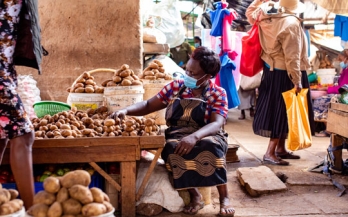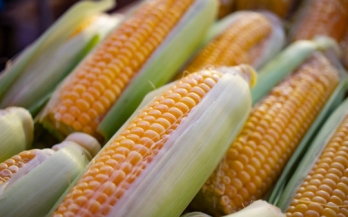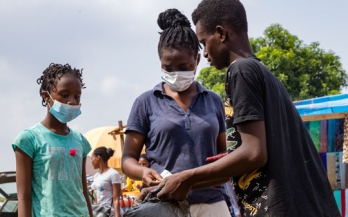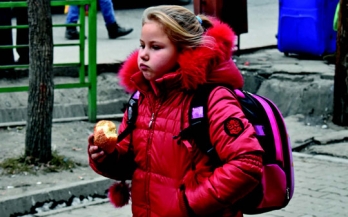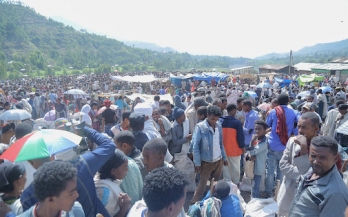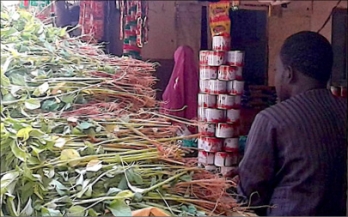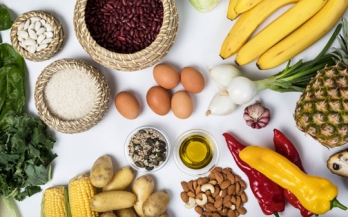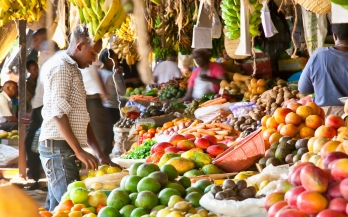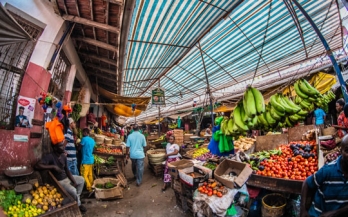This paper responds to the need to better understand the interaction between gender norms and urban food systems in low- and middle-income countries. More people are living in cities than ever before. As a result, the role played by urban food systems is of growing importance at both the population level and for individuals, especially women, who are considered responsible for meal provision in most cultures.
The Commercialisation of Biofortified Crops (CBC) Programme was launched in 2019 to address widespread hidden hunger in Africa and Asia by significantly expanding the reach of foods and food products made with biofortified staple crops.
This report presents the findings from an assessment of 163 policy measures by national governments to support micro, small, and medium-sized enterprises (MSMEs) in nine low- and middle-income countries (LMICs) between March 2020 and March 2021 during the COVID-19 pandemic.
Nowadays, 1 in 10 children is overweight or obese and this number is rising. While overweight and obesity was once considered a high-income country (HIC) problem, low- and middle-income countries (LMICs) are now increasingly confronted with overweight and obesity in their populations alongside the still existing problems related to undernutrition.
EatSafe conducted a systematic search and review process of 116 published studies on the perspectives and practices of consumers and vendors related to food safety in Ethiopia.
The EatSafe program conducted a range of formative research activities to understand the local context in Northwestern Nigeria. Learnings from these activities were then used to develop market-based interventions to increase consumer demand for improved food safety.
Fruits and vegetables are recommended across all dietary guidelines. Despite the nutrition credentials of vegetables, they remain relatively scarce and expensive in many low-income settings, including across many of the countries where GAIN’s main offices are based.
GAIN’s mission and strategy revolve around the core concept of "nutritious and safe foods". In addition, there is a growing consensus that foods should be produced sustainably - i.e., that one should take into account the environmental impact associated with the production of these foods.
Policy Options Toolkits are a core output of GAIN’s policy and coordination efforts, under the Keeping Food Markets Working (KFMW) programme. These toolkits were developed through a participatory co-design process with GAIN, conducted in Beira and Pemba (Mozambique), Machakos and Kiambu (Kenya) and Rawalpindi and Peshawar (Pakistan) - between September 2020 and September 2021.
Efforts to increase the consumption of vegetables focus on addressing availability, accessibility, and desirability, usually through a value chain approach. We sought to build on this value chain approach by using participatory systems modelling to address the relatively stable daily per capita vegetable consumption in Nairobi, Kenya over the last 15 years.
